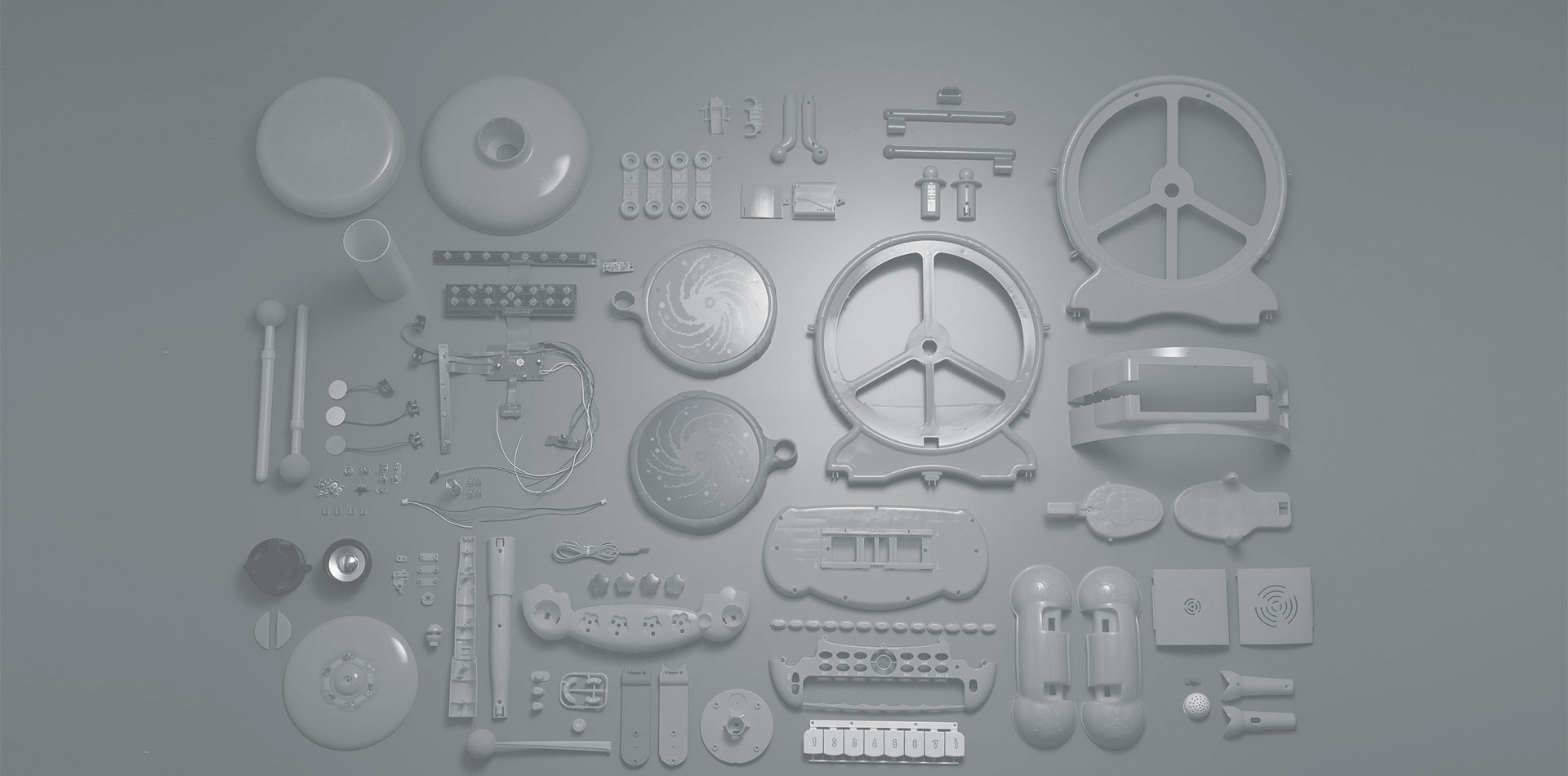Musical Sensory Toys for Autism: Comprehensive Benefits and Expert Recommendations
Release time:
2025-11-15
Musical Sensory Toys for Autism: Comprehensive Benefits and Expert Recommendations Table of Contents Introduction to Musical Sensory Toys Understanding Autism Spectrum Disorder Benefits of Musical Sensory Toys Enhancing Communication Skills Improving Emotional Regulation Stimulating Cognitive Development Fostering Social Interac
Musical Sensory Toys for Autism: Comprehensive Benefits and Expert Recommendations
Table of Contents
- Introduction to Musical Sensory Toys
- Understanding Autism Spectrum Disorder
- Benefits of Musical Sensory Toys
- Enhancing Communication Skills
- Improving Emotional Regulation
- Stimulating Cognitive Development
- Fostering Social Interaction
- Recommended Musical Sensory Toys
- How to Choose the Right Musical Sensory Toy
- Creating a Sensory-Friendly Environment
- FAQs About Musical Sensory Toys and Autism
- Conclusion
Introduction to Musical Sensory Toys
Musical sensory toys are specially designed instruments and gadgets that provide auditory stimulation, making them particularly beneficial for children with autism. These toys can range from simple hand drums to more complex interactive musical devices. They engage multiple senses, promoting a rich learning environment that nurtures both personal and social development.
Understanding Autism Spectrum Disorder
Autism Spectrum Disorder (ASD) is a complex developmental condition characterized by challenges in social skills, repetitive behaviors, and difficulties with communication. It affects each individual differently, leading to a wide range of needs and experiences. Understanding these challenges is crucial in selecting appropriate tools, such as musical sensory toys, that cater to the specific needs of children with autism.
Benefits of Musical Sensory Toys
Musical sensory toys offer a multitude of benefits that can significantly enhance the lives of children with autism.
Enhancing Communication Skills
Music is a universal language, and through interaction with musical toys, children can improve their verbal and non-verbal communication skills. These toys encourage children to express themselves, whether through singing, dancing, or simply playing along.
Improving Emotional Regulation
Many children with autism experience heightened emotions and anxiety. Musical sensory toys serve as calming tools that help children manage their emotions. The rhythmic and melodic elements can soothe and comfort, offering a safe space for emotional expression.
Stimulating Cognitive Development
Engaging with musical sensory toys promotes cognitive functions such as memory, attention, and problem-solving skills. These toys can stimulate brain activity, encouraging logical thinking and enhancing overall cognitive skills vital for learning.
Fostering Social Interaction
Playing with musical toys can foster social skills by encouraging group play. These toys can serve as a bridge, helping children with autism connect with peers, engage in cooperative play, and develop friendships.
Recommended Musical Sensory Toys
When choosing musical sensory toys for children with autism, it's essential to consider age-appropriateness and developmental levels. Here are some top recommendations:
Top Picks for Toddlers
1. **Baby Einstein Musical Toy**: This toy engages infants with a variety of classical music pieces, stimulating auditory senses and encouraging movement.
2. **Melissa & Doug Caterpillar xylophone**: Ideal for young children, this wooden xylophone promotes hand-eye coordination along with musical exploration.
Best Options for Older Children
1. **Korg Tiny Piano**: A compact keyboard that introduces older kids to music creation, enhancing their cognitive skills and creativity.
2. **B. Toys – B. Symphony**: This interactive toy allows children to create their own symphonies, encouraging imagination and cognitive development.
How to Choose the Right Musical Sensory Toy
Selecting the best musical sensory toy involves considering several factors:
1. **Age Appropriateness**: Ensure the toy is suitable for the child’s age and developmental stage.
2. **Sensory Features**: Look for toys that provide a variety of sounds, textures, and lights to engage multiple senses.
3. **Durability**: Choose toys made from safe, durable materials, capable of withstanding enthusiastic play.
4. **Ease of Use**: Opt for toys that are easy to operate, allowing children to explore independently.
Creating a Sensory-Friendly Environment
To fully leverage the benefits of musical sensory toys, we recommend creating a sensory-friendly environment that reduces overwhelm. Here are some tips:
1. **Quiet Space**: Designate a quiet area away from distractions where children can play with their musical toys.
2. **Variety of Sensory Inputs**: Incorporate other sensory toys such as tactile toys, visual aids, and calming scents to create a multi-sensory experience.
3. **Routine**: Establish a routine that allows for regular time spent with musical sensory toys, fostering predictability which can enhance security for children with autism.
FAQs About Musical Sensory Toys and Autism
1. What are musical sensory toys?
Musical sensory toys are engaging devices that create sound and music, designed to stimulate auditory senses while promoting cognitive and emotional development.
2. How can musical sensory toys help children with autism?
These toys can enhance communication, emotional regulation, cognitive development, and social interaction, providing varied benefits tailored to the needs of children with autism.
3. Are there specific musical toys recommended for non-verbal children?
Yes, toys like the Korg Tiny Piano or B. Symphony can facilitate music creation and engagement without requiring verbal communication.
4. How do I introduce musical sensory toys to my child?
Start by demonstrating how to use the toys, encouraging exploration, and providing positive reinforcement. Gradually increase engagement as the child becomes comfortable.
5. Are musical sensory toys safe for all children?
While most musical sensory toys are designed with safety in mind, it’s crucial to select age-appropriate products and supervise playtime to ensure safety.
Conclusion
Musical sensory toys serve as powerful tools in the development of children with autism, providing unique benefits that cater to their diverse needs. By enhancing communication, supporting emotional regulation, stimulating cognitive growth, and fostering social interaction, these toys can play a vital role in the lives of children on the autism spectrum. When selecting the right toy, consider the individual child's preferences and developmental stage, and create a sensory-friendly environment that encourages exploration and learning. With the right resources, we can empower children with autism to thrive and enjoy the enriching experience of music.

Guangdong Baoli Cultural Development Co..Ltd
NO.2 Cross-west Qujian Road, Fengxin Gangkou Industrial Park, Fengxiang in Chenghai District, Shantou City, Guangdong Province, China
Copyright © Guangdong Baoli Cultural Development Co..Ltd







